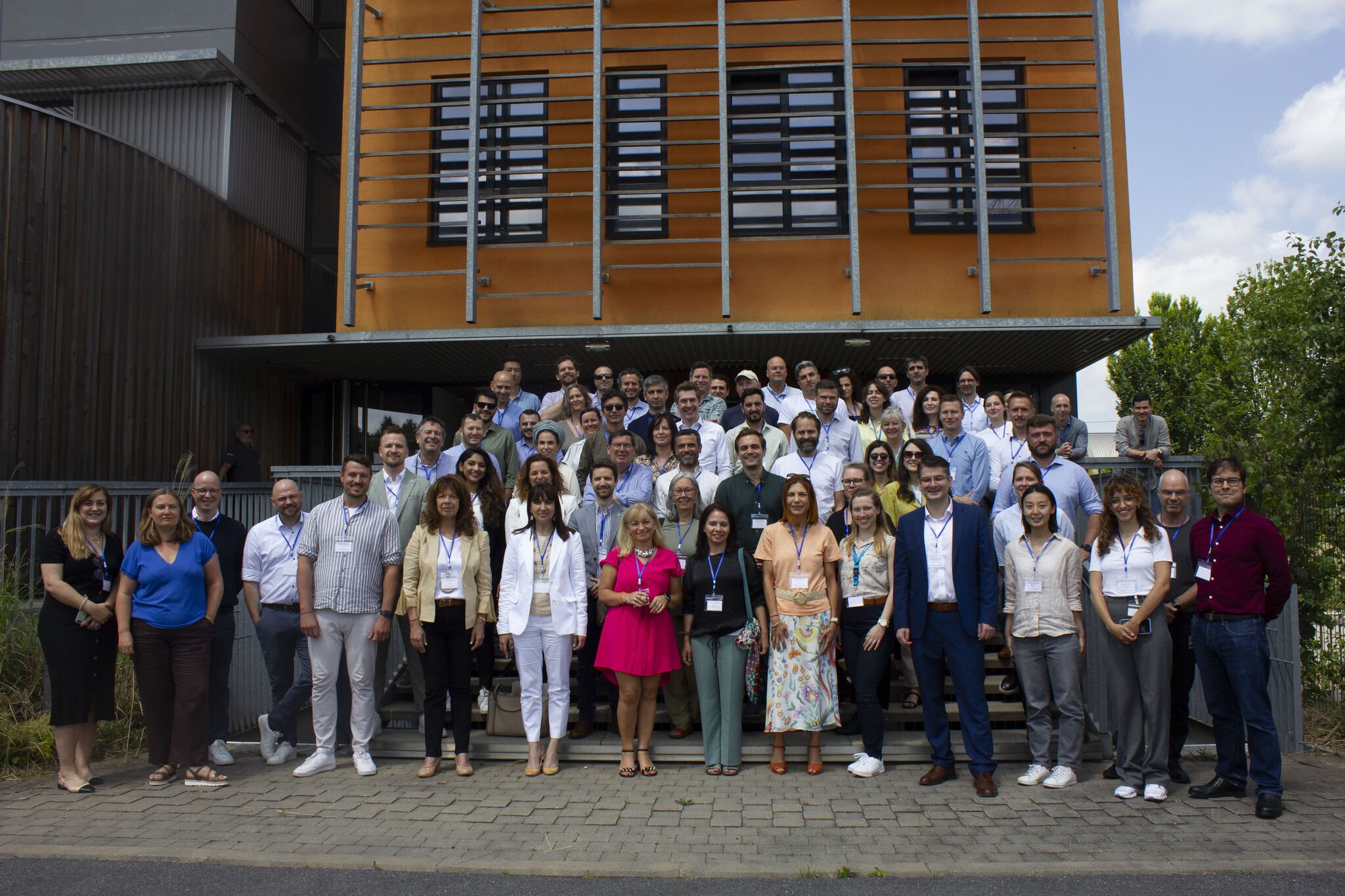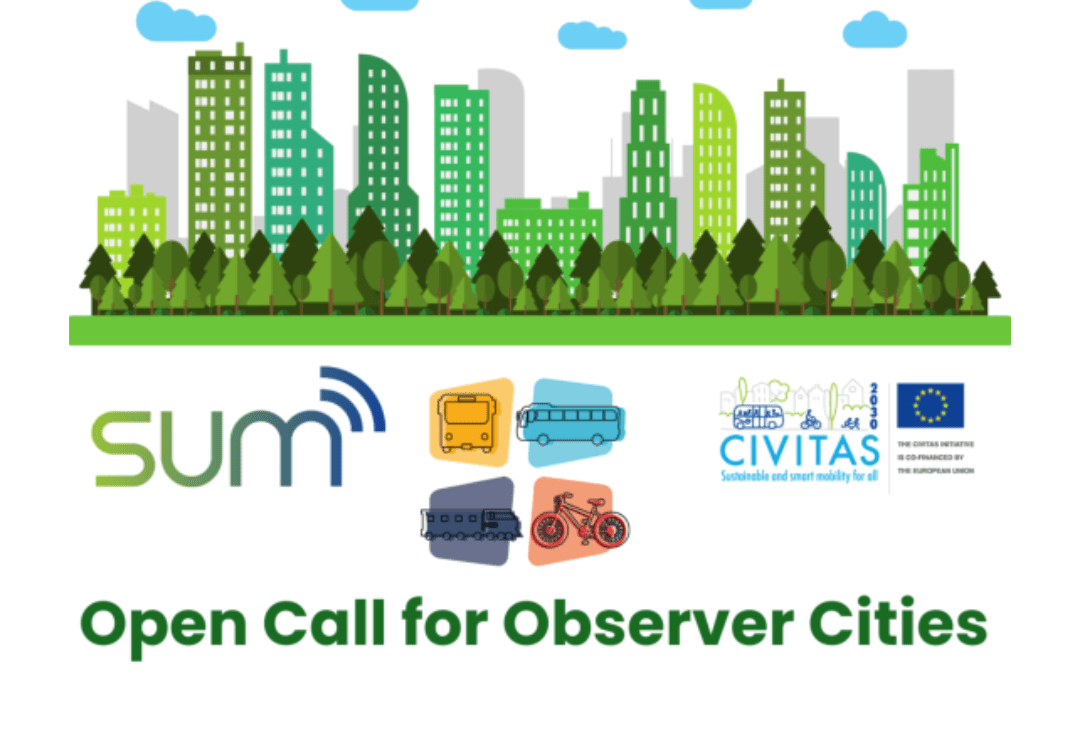SUM
If European cities are to meet the growing demand for convenient public mobility services while also combatting air pollution, traffic congestion, and excess energy consumption, new and shared mobility services will need to be blended into the existing urban mobility mix. Started in June 2023, the SUM project strives to push the transition toward innovative, low-carbon, shared transport in its nine living labs.
At present, the combined pressures of population growth, urbanisation, and the demand for mobility services are making it ever more challenging for cities to make their mobility offer both efficient and sustainable. With recent estimates predicting that the world's urban population will reach 82% by 2050, the race to develop more sustainable urban mobility systems is accelerating. In particular, a shift from private cars to public and shared transport is crucial to address issues such as air pollution, congestion, and excess energy consumption.
What can European cities do? The SUM project has a few ideas to share.

Electric scooters gain ground as a popular shared mobility mode in Paris.
Introducing SUM
The EU-funded Seamless Shared Urban Mobility (SUM) project aims to disrupt existing transport networks by introducing Novel Shared Mobility (NSM) systems integrated with public transport in more than 15 European cities by 2026, with a target of 30 cities by 2030.
In order to change the behaviour of 34% of car travellers and 17% of the overall population who are sceptical about the use of NSMs, SUM is targeting car-centric families and developing five pillars of technology, co-creation, and policy tools. These include:
1. Predictive tools for the availability of shared modes.
2. On-demand management of shared mobility.
3. Integration with public transport.
4. Co-creation activities to improve mobility hubs and road spaces.
5. Mobility management tools such as pricing and nudging.
Through these pillars, SUM aims to reduce traveller uncertainty, optimise travel times, increase accessibility and improve the cost perception of using shared modes compared to the private car. The impact of the project extends beyond individual cities, as targeted push and pull measures and policy recommendations promote sustainable mobility practices across Europe.
Who is participating?
The SUM consortium comprises nine living labs:
- Munich (DE)
- Geneva (CH)
- Jerusalem (IL)
- Athens – Penteli (GR)
- Rotterdam (NL)
- Krakow (PL)
- Fredrikstad (NO)
- Larnaca (CY)
- Coimbra (PT)

The SUM team at the project's kick-off event in Lille (FR) in June 2023.
Moreover, it is supported by 30 consortium members with far-ranging expertise. These include corporations, public transport operators, municipalities, research institutes, and universities, all working together to drive the mobility transformation.
The project started in June 2023 and culminates in May 2026.
Want to keep up with the latest news? Visit the project's website and follow SUM on X and LinkedIn.







